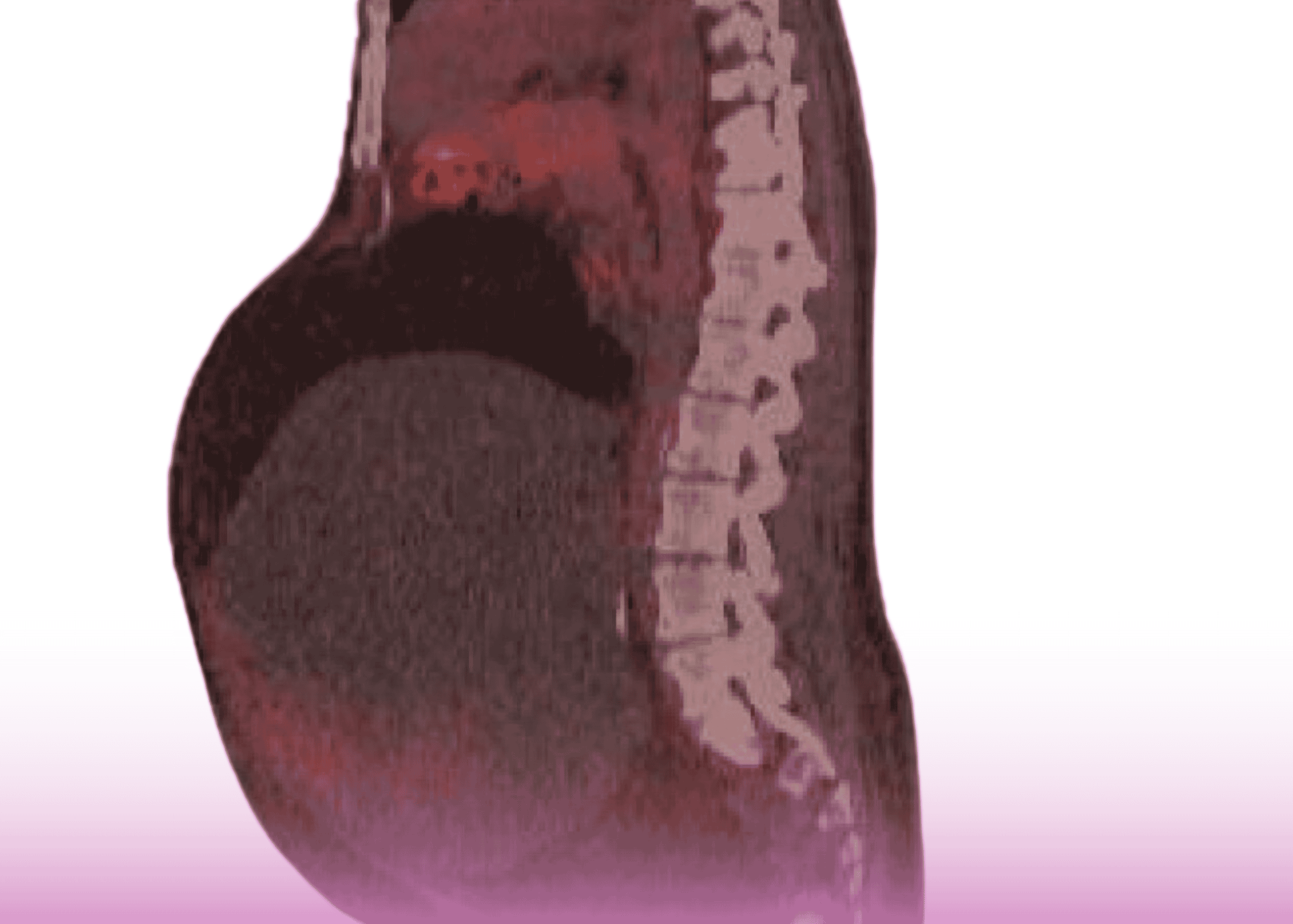In a remarkable feat of surgical expertise, a multidisciplinary team at Burjeel Hospital successfully removed a massive retroperitoneal liposarcoma weighing over 16 kilograms, dramatically improving a patient’s quality of life after years of increasingly debilitating symptoms.
Patient Journey
A 63-year-old man presented to the Outpatient Department at Burjeel Hospital with progressive abdominal distension that had begun approximately eight years prior. While the growth had been relatively slow initially, it had accelerated dramatically over the previous six months, causing severe discomfort and significantly impacting his daily activities.
The patient, who described himself as having avoided medical attention due to fear of hospitals and surgical procedures, was experiencing severe challenges with mobility, difficulty sleeping, lower extremity swelling, and chronic back pain. Basic activities like bending had become impossible.
Comprehensive Assessment
Upon examination, the medical team discovered an extraordinarily large abdominal mass measuring approximately 50 x 50 x 40 centimeters, occupying all quadrants of the patient’s abdomen. The mass had caused significant physical changes including umbilical stretching, abdominal wall edema, and bilateral lower extremity swelling extending to the thighs.
Dr. Mohammed Basheeruddin Inamdar, Consultant Surgical Oncologist, explains: “Cases of this magnitude are exceedingly rare in modern healthcare settings. Most patients seek intervention long before a tumor reaches such proportions.”
Diagnostic imaging was vital to surgical planning:
- CT scans revealed a heterogeneous mass with fatty, solid, and calcified components occupying most of the abdomen and pelvis
- The mass had displaced bowel loops superiorly and compressed vital structures including the urinary bladder, aorta, and inferior vena cava
- PET-CT confirmed the absence of metastatic disease
- All tumor markers (AFP, Beta HCG, LDH, CEA, CA 19-9) were within normal limits
Multidisciplinary Approach
The case was comprehensively reviewed by Burjeel Hospital’s Oncology Multidisciplinary Team, including medical oncologists, surgical oncologists, radiation oncologists, radiologists, and nuclear medicine specialists. After thorough evaluation, the team recommended surgical intervention as the primary treatment.
The surgical plan included:
- Bilateral ureteric catheterization to protect the ureters during dissection
- Laparotomy with careful dissection around major blood vessels
- Complete resection of the retroperitoneal tumor
Surgical Challenges
The 5-hour procedure presented several significant technical challenges:
- The tumor’s massive size and weight (16.2 kg) required careful handling to prevent vascular injury
- Severely dilated blood vessels throughout the tumor bed increased bleeding risk
- Compression of major vessels (IVC, aorta, iliac vessels) had distorted normal anatomy
- The extensive adhesions and large surgical field required meticulous dissection
Despite these challenges, Dr. Inamdar and the surgical team successfully completed the procedure with minimal blood loss. Postoperative recovery was smooth, and the patient was discharged on the sixth postoperative day.
Life-Changing Outcome
“Retroperitoneal sarcomas of this magnitude severely compromise quality of life,” notes Dr. Inamdar. “Before surgery, this patient was barely able to walk and had bilateral pitting pedal edema to the knee joint. These slow-growing tumors can reach massive proportions if neglected.”
The patient expressed profound gratitude for the life-changing results following recovery. With the massive tumor burden removed, he could return to normal activities and experience significant relief from his symptoms.
This case highlights the importance of seeking timely medical attention for unusual symptoms and showcases the exceptional surgical capabilities available at Burjeel Hospital, where complex oncological procedures are performed with excellent outcomes.
The multidisciplinary team involved in this case included Prof. Dr. Humaid Obaid bin Harmal Al Shamsi (Consultant Oncologist), Dr. Mehdi Afrit (Specialist Oncologist), Dr. Mohammed Eid Ali (Consultant Anesthesiologist), and Dr. Omar Hnaidi (Consultant Urologist).


